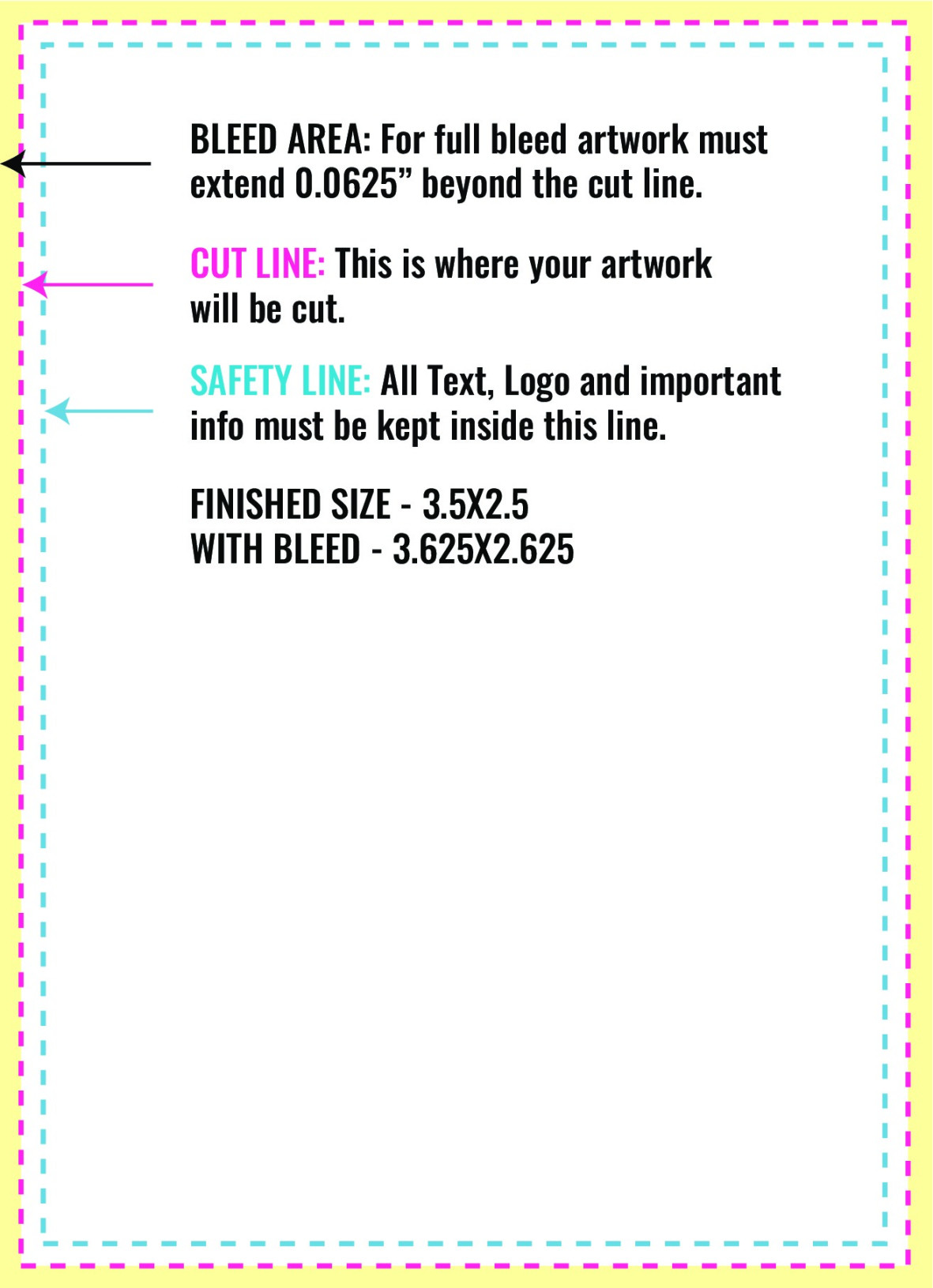Baseball Cards are a cherished collectible for many, capturing the essence of the sport and the players who grace the field. When designing a baseball card size template, it is essential to prioritize a professional and polished aesthetic that reflects the significance of the collectible. This guide will delve into the key design elements that contribute to a professional baseball card size template, ensuring that your cards stand out and resonate with collectors.
Dimensions and Aspect Ratio
The standard dimensions for a baseball card are 2.5 inches by 3.5 inches. Adhering to this standard ensures compatibility with existing card holders and display cases, enhancing the collectible’s value. Maintaining a consistent aspect ratio throughout your design maintains visual harmony and prevents distortion when the card is scaled or printed.

Typography
The choice of typography significantly impacts the overall appearance and readability of your baseball card. Opt for fonts that are clean, legible, and evoke a sense of professionalism. Sans-serif fonts like Helvetica, Arial, or Roboto are popular choices due to their clarity and modern aesthetic. Consider using a combination of fonts for different elements, such as a bold font for the player’s name and a lighter font for the statistics.
Color Palette
A well-chosen color palette can enhance the visual appeal and brand identity of your baseball card. Stick to a limited number of colors to avoid overwhelming the design. Consider using the team’s official colors or complementary shades that create a harmonious and visually pleasing composition. Ensure that the colors contrast well with the background to improve readability and prevent the text from blending in.
Layout and Composition
The arrangement of elements on your baseball card is crucial for achieving a balanced and visually appealing design. Consider the following guidelines:
Hierarchy: Establish a clear visual hierarchy by assigning different levels of importance to various elements. The player’s name, image, and team logo should typically be the most prominent elements, followed by statistics and other relevant information.
Imagery
High-quality imagery is essential for a professional baseball card. Use sharp, well-lit photos of the player in action or in a portrait setting. Consider using a consistent style of photography throughout your collection to maintain a cohesive aesthetic.
Additional Elements
Depending on your design goals, you may want to include additional elements such as:
Borders: A simple border can add a touch of elegance and define the card’s boundaries.
By carefully considering these design elements, you can create professional baseball card size templates that capture the essence of the sport and resonate with collectors. Remember to pay attention to detail, strive for consistency, and experiment with different styles to find your unique aesthetic.